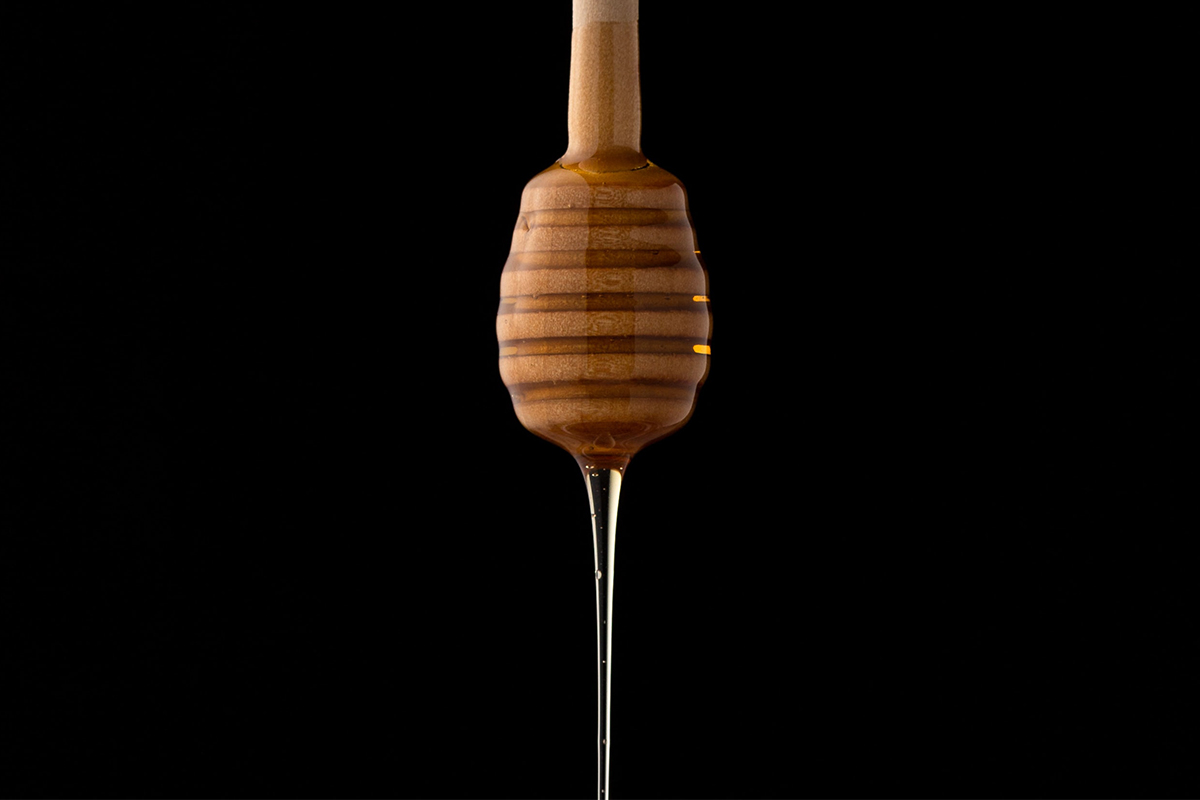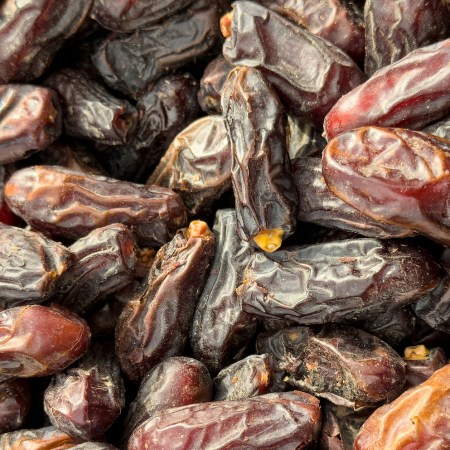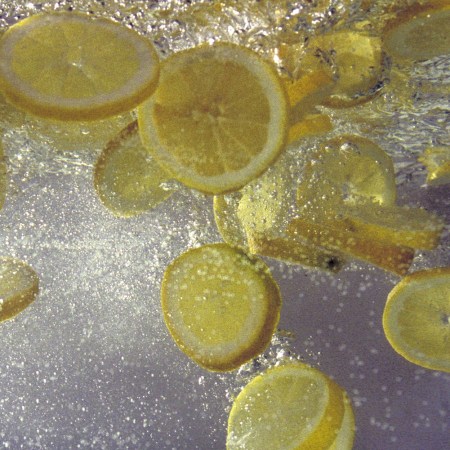The average American consumes about 350 calories in added sugars each day.
That’s way over the recommended limit of 100 calories per day (about 6 teaspoons or 24 grams of added sugar) from the American Heart Association. And it’s worth noting that number isn’t based in science, but in a sort of resigned recognition of the modern diet.
In an ideal world, after all, we would be taking in next to zero calories from added sugars. The issue is the ingredient’s ubiquity. Processed and prepared foods almost always add the sweetener to make for a more memorable and addictive taste. And soda and breakfast cereal aren’t the only culprits, either. Products we think we can trust often have a surprising percentage of your daily allotment of added sugar. I was stunned to discover how sugary my go-to almond milk was just the other day.
Extra sugar, as has been well established, puts extra stress on the heart. The insulin inflames the walls of your arteries, forcing them to work harder, which raises blood pressure. If 25% of your calories comes from added sugar, you are twice as likely to die from heart disease as people whose diets include less than 10% of total calories from added sugar.
What can you do about it this year? For starters, try to cut back on sweets. Make sure your treats are actually treats. Try not to end every night with dessert or start every day with a doughnut. Feel empowered, also, to go full Sherlock at the grocery store. Study the packaging for signs of added sugars, and check the ingredients list for sugar “in disguise.” Here’s a full glossary of terms to search for.
One other move to consider? Letting honey into your life. Dietitians are high on honey this year as an effective and enjoyable sweetener replacement for sugar. You wouldn’t think that an ingredient that’s been foraged by humans for 8,000 years would still be eligible for a come-up, but the market is currently expanding at a compound annual growth rate of over 8%. Consumers now have more options to choose from than ever, from the usual grocery store fare in the bear-shaped bottles, to the raw, unpasteurized stuff from farmers’ markets.
While honey does raise blood sugar levels, like any other compound that contains sugar — glucose and fructose are both found in honey — it has a lower GI value than sugar. That means the spikes are less pronounced. Plus, it contains a variety of antioxidants and minerals, such as flavonoids, phenolic acids, potassium, calcium and zinc, that actually promote heart health, which is the exact opposite of the havoc sugar can wreak over time.
And on the taste front (the main reason we guzzle so much sugar to begin with) honey is actually 25% sweeter than sugar. If what you’re cooking calls for a cup of sugar, then, just add a three-quarter cup of honey. We recommend getting in the habit of adding honey to coffee, tea, smoothies, et al., and taking stock of how your sugar cravings modulate over time.
Oh, and, assuming you like pizza, you should try making your own hot honey at home. That’s the big leagues for honey lovers. Here’s a great recipe.
The Charge will help you move better, think clearer and stay in the game longer. Subscribe to our wellness newsletter today.



















